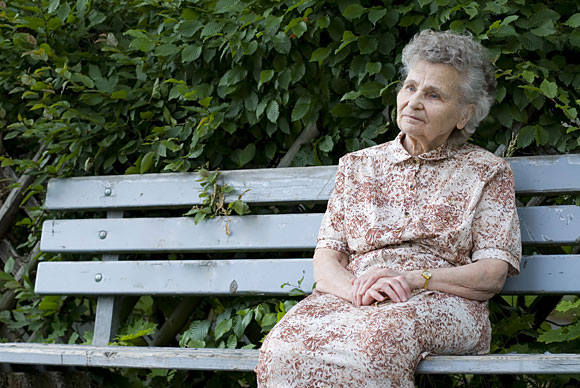Actually, they can claim one type early and switch to the other later to maximize benefits
When it comes to selecting when and how to claim Social Security benefits, widows and widowers have more flexibility than other beneficiaries. Remember, retirement benefits and survivor benefits represent two different pots of money. A surviving spouse can choose one benefit first and switch to the other benefit later if that would result in a larger amount.
An adviser from Jacksonville, Fl., recently asked for advice for some of his clients, a married couple with a 10-year age gap. The husband, 69, started collecting his Social Security benefit at his normal retirement age. The wife, 59, will have a larger Social Security benefit based on her earnings when she reaches her normal retirement age of 66.
But, the adviser asked, what happens if the older husband dies before then? What are the wife's options?
She can claim a survivor benefit as early as age 60 or a retirement benefit as early as age 62, but she can't claim them both at the same time. And if she collects either before her normal retirement age, it will result in a smaller benefit than if she had waited until 66 to collect.
In either case, if she continues to work while claiminge ither type of Social Security benefit before her normal retirement age, it could be offset or completely wiped out due to the earnings test.
For 2013, Social Security beneficiaries will lose $1 in benefits for every $2 they earn above $15,120. There is a more generous earnings limit for people who turn 66 in 2013. They lose $1 in benefits for each $3 earned over $40,080 until the month they turn 66. The earnings limit disappears when the worker reaches full retirement age.
Selecting the right benefit
The key issue in deciding which benefit to collect first is to compare the amount of each benefit. A survivor benefit is worth 100% of what the deceased worker received or was entitled to receive at the time of death. If the husband had started receiving reduced retirement benefits before his full retirement age, for example, the maximum survivor benefit would be limited to what he would receive if he was still alive.
Let's assume the husband is currently collecting his full retirement benefit of $2,000 per month. If he died next year, his wife could collect a survivor benefit at the earliest possible age of 60, but she would receive just $1,430 per month--71.5% of her husband's full benefit. (Survivor benefits are reduced for each month benefits are claimed before normal retirement age). This assumes she is no longer working or if she was, that she would earn less than the earnings cap trigger.
Or, if his wife waited until her normal retirement age of 66, she could collect $2,000 per month in survivor benefits even if she continued to work (because the earnings test would no longer apply once she turns 66).
In his e-mail, the adviser said the wife's full retirement benefit is larger than her husband's current benefit. Let's assume that it is worth $2,200 at her normal retirement age of 66.
In that case, she may want to claim a survivor's benefit first and switch to her own retirement benefit at age 70. Her retirement benefit, which will accrue delayed retirement credits worth 8% per year between ages 66 and 70, would grow by 32% to $2,640 per month at age 70 (plus any cost-of-living adjustments). A survivor benefit does not accrue delayed retirement credits.
In a different situation where the wife's retirement benefit is smaller than what she could collect as a survivor, she might want to collect her own reduced retirement benefit as early as possible at 62 as a way of generating some income and hold out until her normal retirement age of 66 to collect a full survivor benefit worth 100% of what her husband was entitled to when he died. It makes no sense to delay collecting a survivor benefit beyond normal retirement age as it does not earn delayed retirement credits.







